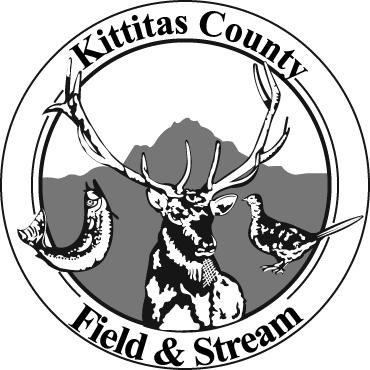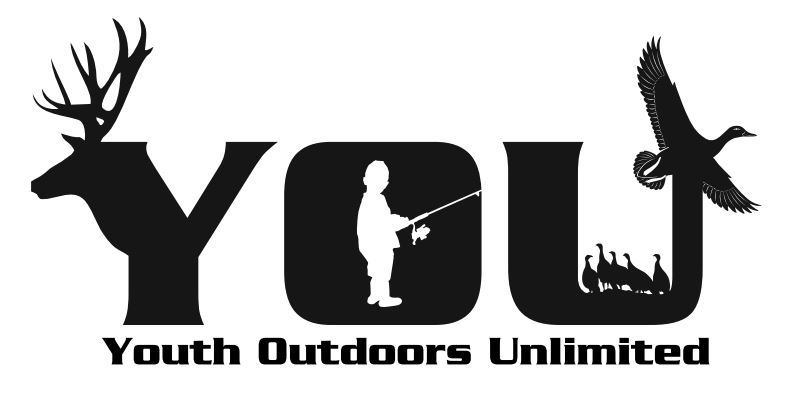Homey Steve Kiesel and I headed out of Ellensburg, Washington, for our date with Wyoming antelope and deer Monday a week ago. We picked up Son James in Missoula, after his drive from the Boise area, and rolled into Sheridan, Wyoming, at dark-thirty Tuesday morning. Son-in-law Chris Kolakowski arrived from Denver that evening and we organized our week of making antelope and deer meat for our families.
This was year 21 for me, 14 for Steve and year 11 for Chris. James was our Wyoming rookie. Each of those years has been unique in some way, and 2017 would be no different.
We ordered our nonresident antelope tags online, from home. (With just a little phone coaching, I found Wyoming’s online licensing system to be simple and quick – easily the smoothest in-state or out-of-state license buys I have yet made.) Our leftover antlerless deer tags were easily purchased and printed at the Big R.
Licenses in hand, we made rounds to say hello to now-old friends. We hunt on some of their lands, and with others we just like staying in touch and keeping up (after two decades they are family after all). Over those 20 years, we’ve had permission to hunt several ranches and have found our way around several parcels of public ground, including several of the Wyoming Game and Fish Walk-In Hunt Areas. Owners and permission-granters move, sell out or pass on through time, of course, but we have always managed to come home with meat to sustain our families. Our final stop was to check in with Oscar Rucke (pronounce it “Roosky”), the first man we met that first year we hunted the Sheridan area.
We got our KOA Kabin set up, and looked at hunting options. We would focus on a couple ranches, and tried to anticipate which might be most productive in the weather changes coming. Some years our hunting week has been hot and dry, and we’ve had a couple years of cold, snowy and wet. 2017 was clearly going to be a mix – possibly of all those conditions.
Our first couple days of hunting were sunny and bright. And very warm. The next couple days, however, we were often moving through tall rain-soaked grass. After long walks and stalks and good prayers on those days, we managed to find some of our deer and antelope, returning soaked to the waist and pretty chilled. By our last hunting day, things had dried and warmed a bit. We made the deer meat we had come to make, and had filled all our antelope tags but one (not uncommon through the decades). Once we finished processing our meat, it had become a very good week.
As I weigh the week in my mind, two moments stand out.
I don’t think we have ever lost a wounded animal. This year, I was afraid we had. Chris had made a long stalk on a lone white-tail doe, and made what he was certain was a perfect shot. Still, he could not find the animal. James and I joined him and spent the better part of an hour finding and following blood sign in the tall grass, to no success. I opted to go glass other nearby meadows in hopes of seeing the deer. They kept looking. I had pretty much given up when I got the text. Seems they had retraced the sign in the high grass and had taken a different direction. The deer had expired within 30 yards of Chris’ shot. Seeing their skill and determination reaffirmed my faith in the future or our family hunts.
The other moment was the realization that we’d have been involved in criminal acts, had we been hunting in Washington. Chris was having a problem with his sweet old .30-06 rifle, so I loaned him my .270, and borrowed Steve’s .270 (he had filled his tags). This sort of problem solving is as old as family and group hunting traditions are old. Fine.
Problem is, the folks who crafted I-594 – and those who passed it into law – have either no experience, no knowledge, or no caring about such traditions. These traditions underlie the generations – indeed centuries – of families sustaining themselves on wild game. They also contribute a significant proportion of the revenue which keeps counties and states in the black. Under I-594 – our law – each of those loans, and the return of the hunting rifles, were “transfers.”
Under our Washington law, a transfer is any exchange of a firearm from one non-blood-related person to another, no matter how temporary, with or without payment. Taking possession of a firearm for any length of time and for any reason – safekeeping, hunting, loan, etc. – requires a background check each time the firearm changes hands. Our exchange would have meant three or four background checks (by an FFL dealer) in each direction. Thank God for the people of Wyoming.
Be that as it may, by mid-evening last Sunday our meat was in coolers and Chris was back with his family in Denver. By mid-afternoon Monday, James was headed south into Idaho and Steve and I were pointed out of Montana, heading for Paradise.
Happy fall…




